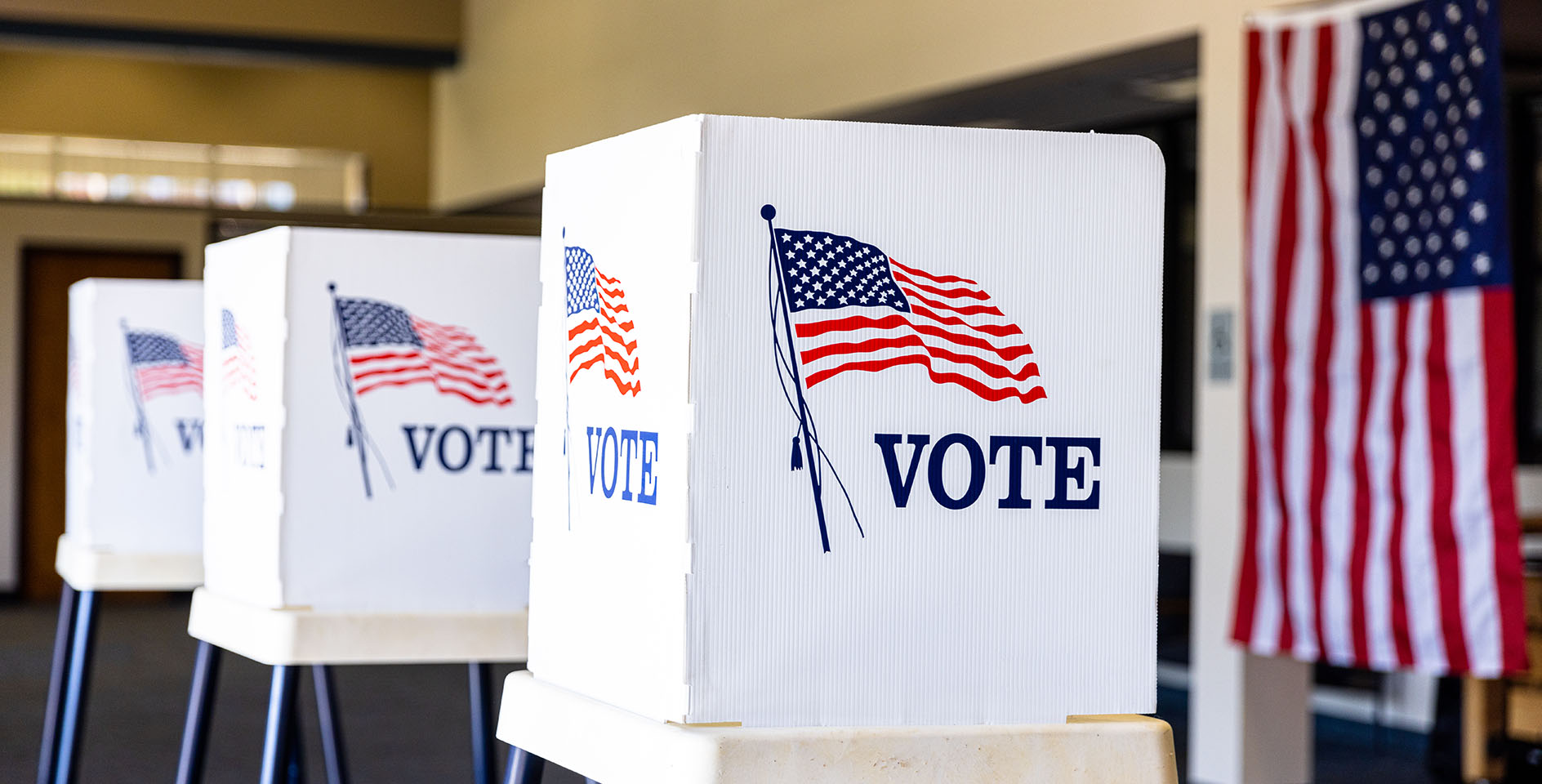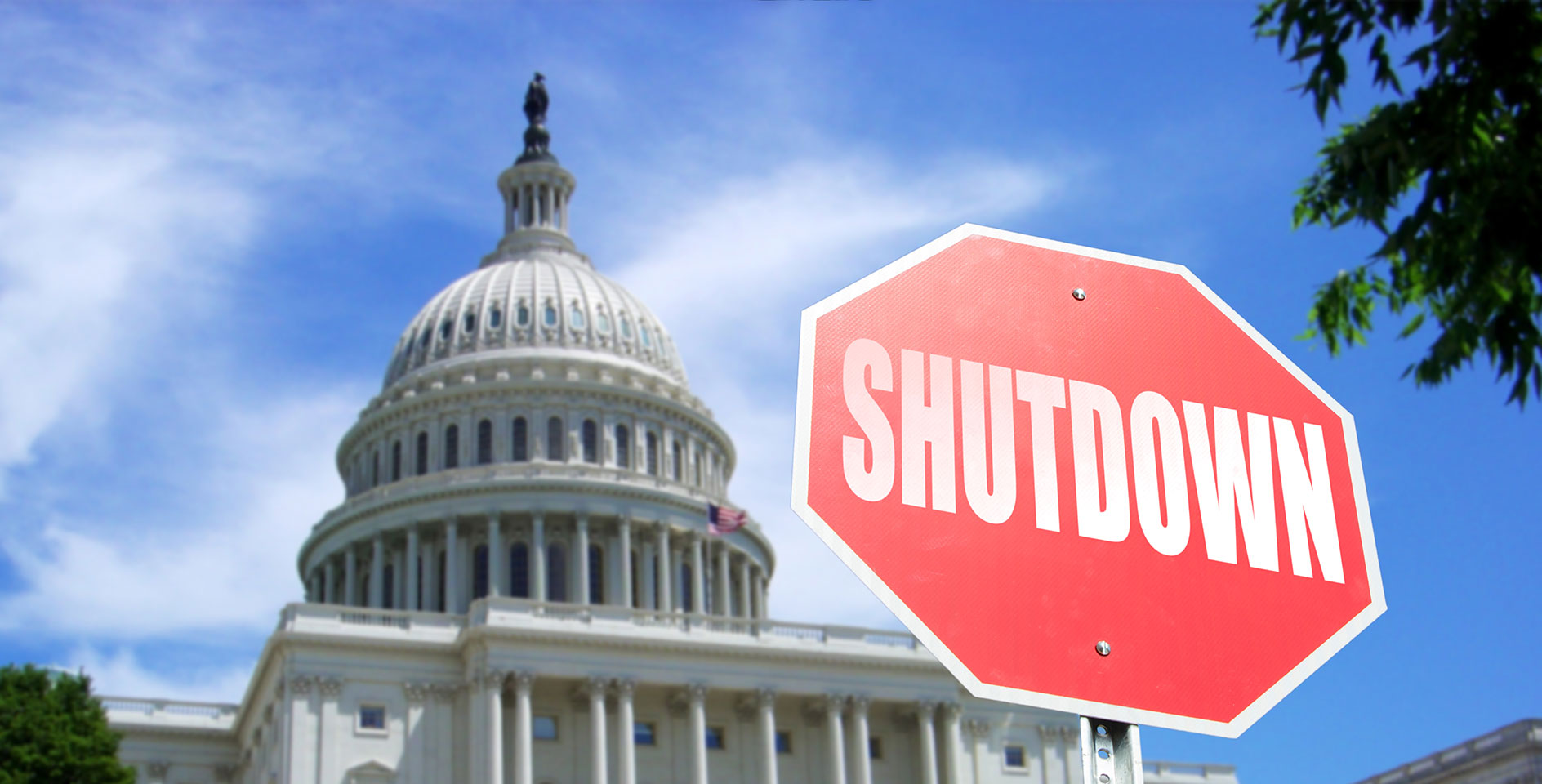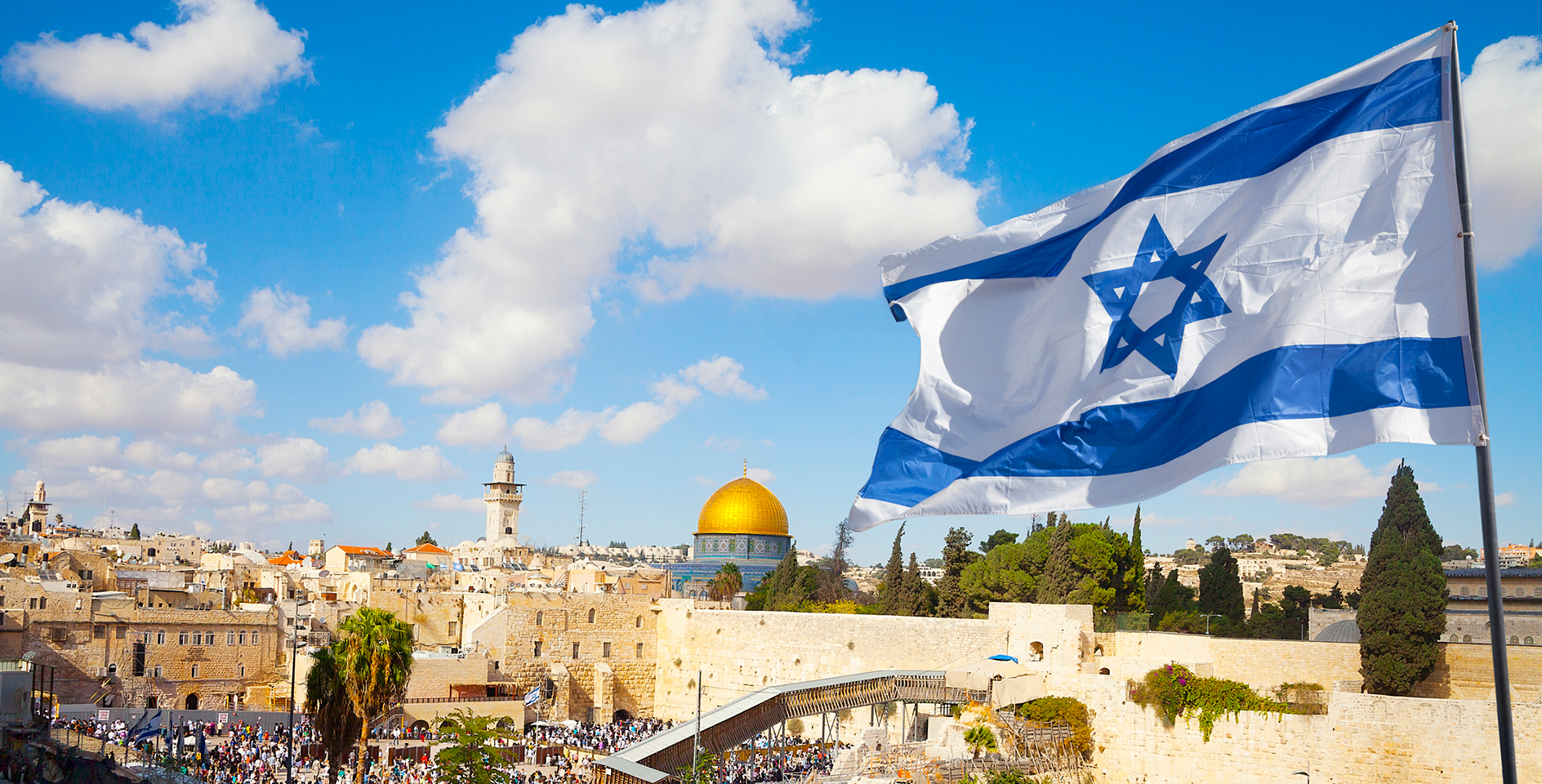On Tuesday, March 1, voters in a dozen states and one U.S. territory will head to the polls or caucuses to support their preferred candidate for President of the United States. Though the early states of Iowa, New Hampshire, Nevada and South Carolina have witnessed seemingly endless campaigning, polling and media coverage, the states voting on Tuesday have received far less attention.
This string of contests—dubbed the SEC primary because of the many southern states holding primaries on Tuesday—could indeed change the game as roughly half the delegates required to secure the Republican nomination are in play (661 of 1,297), as are more than a third of the required delegates for the Democratic nomination (865 of 2,383).
Who is in the race?
Vying for the nomination of the Democratic Party are Sen. Bernie Sanders (I-VT) and former Secretary of State Hillary Clinton. The Republican field, which at one time boasted 17 candidates, has now been culled to five. The remaining candidates are businessman Donald Trump, Sen. Marco Rubio (R-FL), Sen. Ted Cruz (R-TX), Gov. John Kasich (R-OH), and retired neurosurgeon Dr. Ben Carson.
Why is it called “Super Tuesday?”
Each party determines its nominee based on the number of delegates a candidate is awarded. Traditionally, the Tuesday in February or March of presidential election years when the greatest number of states hold nominating contests is known as “Super Tuesday.” It is considered to be the watershed moment in the nominating process because of the large number of delegates typically allotted. Super Tuesday will play a critical role this year as more delegates are up for grabs on March 1 than at any other time during the election cycle.
Which states are voting?
The SEC states holding primaries on Tuesday include Alabama, Arkansas, Georgia, Tennessee, and Texas. The other states with primaries or nominating contests are Alaska (Republican caucuses), Colorado (Democratic and Republican caucuses), Massachusetts, Minnesota, Oklahoma, Vermont, and Virginia. Also holding Democratic caucuses will be the territory of American Samoa.
What is the current delegate count?
Currently, Donald Trump leads the Republican field with an estimated 81 delegates. Following behind Trump in the delegate count are Ted Cruz (17), Marco Rubio (17), John Kasich (6), and Ben Carson (4). After three contests, Hillary Clinton leads Bernie Sanders 504 to 71.
While delegates are typically apportioned to candidates based on votes received in state primaries or caucuses (Republicans label these “bound delegates” and Democrats refer to them as “pledged delegates”), each party also has a certain number of unbound delegates. Though Clinton and Sanders are presently tied at 51 pledged delegates, more than 450 “superdelegates”—the unofficial title for the group of elected Democratic officials and party leaders free to back their candidate of choice—have pledged to support Clinton, explaining her massive lead in the current delegate count.
How are delegates awarded on Super Tuesday?
Both parties have stipulated that no state may hold a “winner-take-all” primary before March 15. However, the actual method of allocating delegates is determined by each state. Some Super Tuesday states have opted to allocate delegates proportional to voter totals and others will award more delegates to the winner of the state’s popular vote.
What could happen?
Polls conducted in the Super Tuesday states have been less frequent and reliable than those performed in early states. While frontrunners Donald Trump and Hillary Clinton are expected to fair well on Tuesday, the anticipated results are largely guesswork. Should Trump and Clinton see significant victories, they could be well on their way to securing the nomination of their respective parties. But even if Clinton were to expand her lead by a large margin, it is unlikely Bernie Sanders will suspend his campaign because such a large concentration of Tuesday’s contests will be held in the South where Clinton has maintained an edge over Sanders, particularly with African American voters.
Marco Rubio and Ted Cruz are also counting on strong performances on Tuesday, especially in the SEC states. Though Cruz is expected to win his home state of Texas, his campaign is also seeking victories in other states to reassure supporters after his disappointing third place finish in South Carolina. And while Rubio’s momentum is on the rise, he has yet to place first in a primary or caucus. Failing to perform well on Super Tuesday could spell trouble for both campaigns.
Will anyone drop out after Super Tuesday?
Both John Kasich and Ben Carson have indicated that key wins on Super Tuesday are essential to bolster their fledgling campaigns. Should one or both see disappointing returns, it is likely that they will face increased funding concerns and pressure from party leaders to clear a path for Rubio and Cruz to take on Trump.
What should the Christian do?
We have finally reached the point in the election season when many voters start paying attention. Until this point, the contests have been held in smaller states. Other than televised debates and news coverage, very little has been done on the national stage. With 12 states voting on Super Tuesday, the election will garner more and more attention. Between now and November, it will be difficult to avoid conversations about politics and the presidential race.
Very simply, between now and then Christians should do three things: pray, vote and speak. Before we open our mouths, we should open our hearts to God. We should pray about the election and pray for our potential leaders. Unfortunately, not every candidate in this race prioritizes or agrees with the issues that are important to Christians, and none of them do so perfectly. For this reason, we must be informed about the candidates, their character and their positions on matters of policy, and then we must vote. Finally, we should encourage those around us, especially Christians, to be informed about the candidates and to vote according to their consciences.










